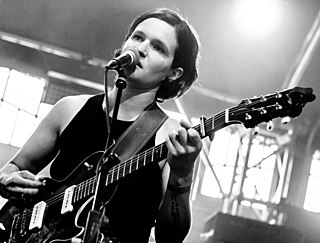A Quote by Walt Disney
I don't like formal gardens. I like wild nature. It's just the wilderness instinct in me, I guess.
Related Quotes
My favorite thing is landscaping. I love landscaping. And so what I'll do is, mostly I put language into search engines, and if I want to look, like, at tulip gardens, or, like, Georgian gardens, i love English gardens, how they're laid out. Japanese gardens, Asian gardens. So, I'm kind of a frustrated landscaper.
Does the unmistakeable intent of Versailles to proclaim dominion over nature destroy its aesthetic appeal, as Schopenhauer thought? Does the greenness of the lawn lose its allure when we learn how much water, sorely needed elsewhere, it uses? And historical shifts in garden taste - from formal, 'French' gardens to 'Capability' Brown's landscapes, for instance, or from the elaborate gardens of imperial Kyoto to Zen 'dry' gardens - register important changes in philosophical or religious attitudes.
The wilderness is near as well as dear to every man. Even the oldest villages are indebted to the border of wild wood which surrounds them, more than to the gardens of men. There is something indescribably inspiriting and beautiful in the aspect of the forest skirting and occasionally jutting into the midst of new towns, which, like the sand-heaps of fresh fox-burrows, have sprung up in their midst. The very uprightness of the pines and maples asserts the ancient rectitude and vigor of nature. Our lives need the relief of such a background, where the pine flourishes and the jay still screams.
I have always gone to nature, since I was a kid. I was brought up in the woods, I did not have lots of friends, so I spent lot of time alone. My mother always loved to live in the forest; she loved gardens, birds and nature and taught me a deep respect for that. She taught me about growing food and vegetables and to take care of animals. They also have feelings. So nature was always something sacred for me, the place I can go, meditate and pray. It's like a church in the nature for me.
As for the meaning of gardens, particular gardens may have, of course, all sorts of different meanings - emotive, historical, emblematic, religious, commemorative, and so on. But I think that good gardens all signify or exemplify an important truth about the relationship of culture and nature - their inseparability.


































